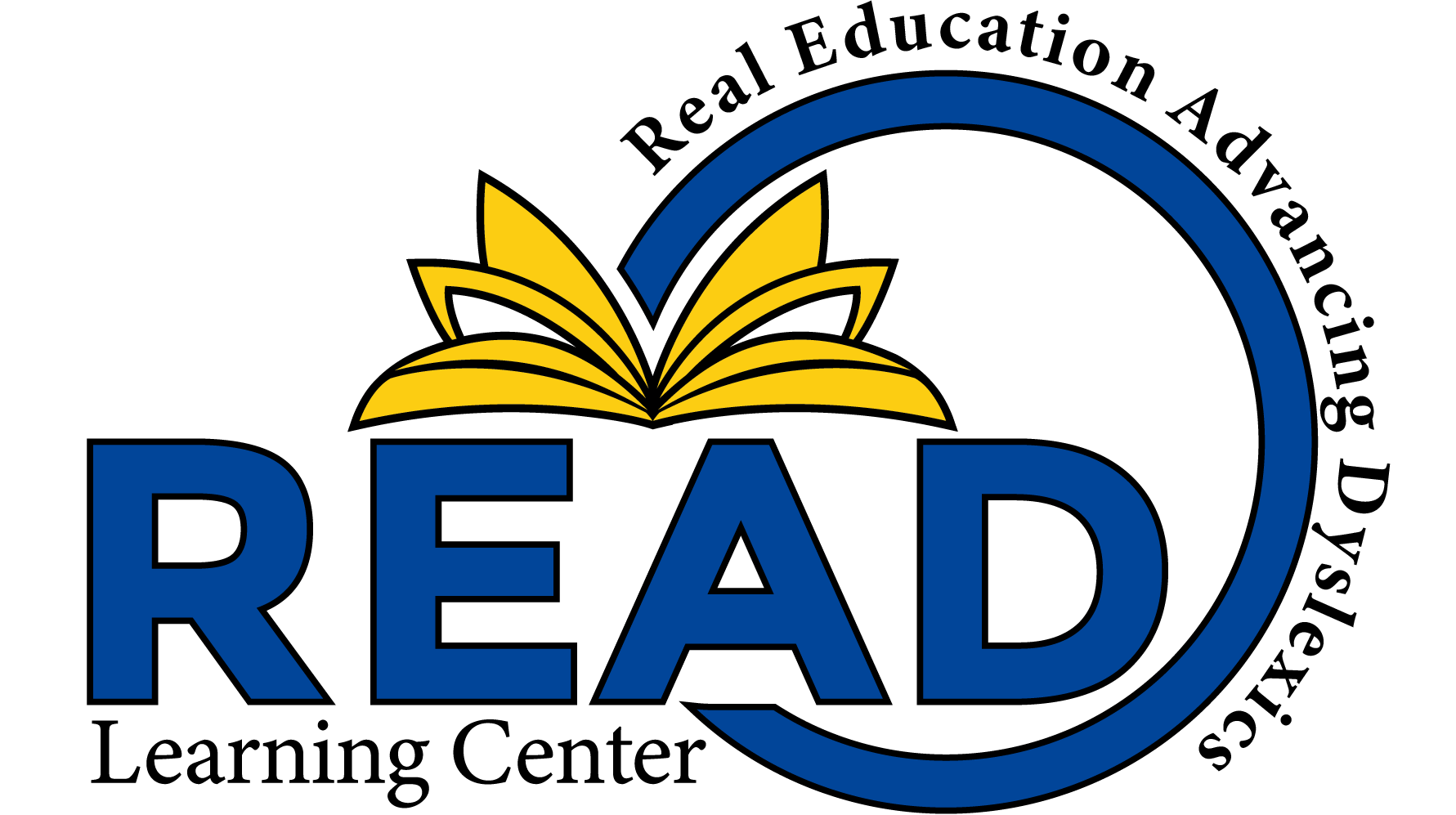Most of us take reading and writing for granted. But reading difficulties are quite common. Across the United States, 32% of fourth graders and 24% of eighth graders struggle with basic reading.
If you are the parent of a child struggling to read, you might be looking for a way to help them progress. Whether your child cannot read at all or is simply struggling to catch up to their peers, it can be tough on kids and grown-ups alike.
Are you wondering if your child has a reading disability? Read on. We have put this article together featuring handy tips for helping your child learn to read.
Table of Contents
Ask for an Evaluation
If your child is falling behind, it may be time to ask your child’s teacher for advice. Doing so can help you get an idea of the extra help your child might need, as well as open up new pathways for you to get help.
As an initial option, make an appointment with your family physician. They will be able to ask questions and conduct an initial consultation to understand the basics of the problem.
Then, they can direct you to speak with the school or find a specialist who can give you further advice or treatment. Open up a dialogue with your doctor and give them as much information as possible to help understand your child’s needs.
Hire a Tutor
Finding extra time in our daily lives can be difficult. Working around work and family commitments, sometimes there is very little spare time for anything outside the ordinary. So, it can be tough to spend lots of time helping your child learn to read.
If this sounds like your situation, hiring a tutor can really help matters. Having someone teach your child for two each week can give them the support they need to develop their reading skills.
A specialized reading tutor can bring new techniques to the table. They have additional experience and find new ways to help your child improve their reading skills. Be sure to ask if they use multi-sensory techniques to teach reading. This is the evidence-based practice to help even the most difficult reading delays.
Try New Things
Every child has their own unique learning style. That means you should get creative with the things you try, especially if you’ve been unsuccessfully trying one method for a long time. There are lots of different types of reading difficulties and a wide variety of techniques can help each one.
Try using different resources, including cue cards, audiobooks, and videos. Your child may respond better to different forms of information. It’s well worth trying out some different techniques to see if your child responds better to different tactics.
Simple changes can really help. Your child might learn better at certain times of the day, like early in the morning or later in the evening. If your child seems to be keen to learn at a specific time, try to accommodate their preferences. You may end up with better results.
Read to Your Child
Reading to or with your child can help them develop their understanding of sound-symbol correspondence. It opens up their imagination, improves vocabulary and knowledge, and provides quality parent/child time.
You can alternate reading to your child and asking them to read aloud to you. Many young children feel proud when they can share an activity like this with their relatives. Choose books that are at their interest level, not their reading ability.
Consider Your Child’s Interests
Your child may struggle with reading for a variety of reasons. If they struggle to keep their attention on the page, it may be because the reading material you are using is not piquing their interest.
Work with your child to collect reading material of interest to them. If they are a fan of Marvel movies, buy them some comic books or movie novelizations for their reading practice. Anything that gets your child excited about the written word can help.
Once you have your child interested in reading, you can gradually improve the quality of their reading material. Even when you progress through the grades of reading material, you should still be able to find books that appeal to your child. Take them to a bookstore or library and let them pick up some books that interest them.
Stay Patient
Teaching a child with a reading difficulty can be difficult. If your child is falling very far behind and nothing seems to be working, you might wonder if anything you are doing is making a difference.
It is tough, but stay patient and keep plugging away. Eventually, your efforts will begin to show results. Remain supportive of your child and do not let them feel discouraged if progress isn’t as quick as you might like.
As the quote says “if you judge a fish by its ability to climb a tree, it will live its whole life believing it is stupid.” It is all a matter of finding the right support for your child.
Get the Right Educational Help for Reading Difficulties
With the right resources and plenty of patience, your child will lear to read. Enrolling your child in a specialist school/tutoring center can be the most helpful path for your child’s success.
If you need extra help with your child’s reading challenges, we are here for you. We are extensive experience in helping children overcome their reading difficulties. Schedule a tour today to find out more about how we can help your child meet their potential!


Thanks!